Articles
Here you can read inspiring interviews and interesting articles, access useful tools, and download our latest guides.
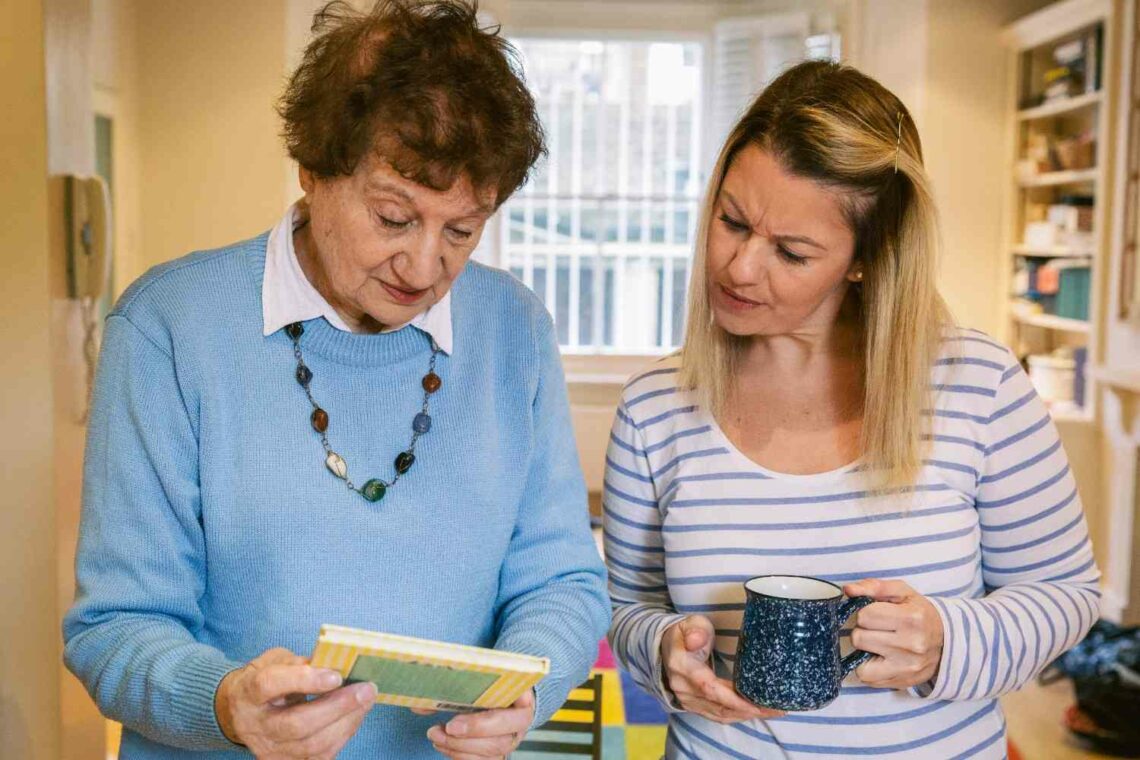
How is dementia care coordinated alongside other health conditions?
February includes both World Cancer Day (4 February) and Heart Month. Together, they highlight an important reality for many families: people living with dementia often manage other health conditions at the same time. Heart disease, cancer, diabetes, and stroke are…

How heart disease affects the respiratory system
As a doctor-founded care service, we understand how heart disease affects daily life and breathing. Our clinical team regularly supports families managing these complex conditions at home. This guide explains the connection between heart and lung function, helping you recognise…
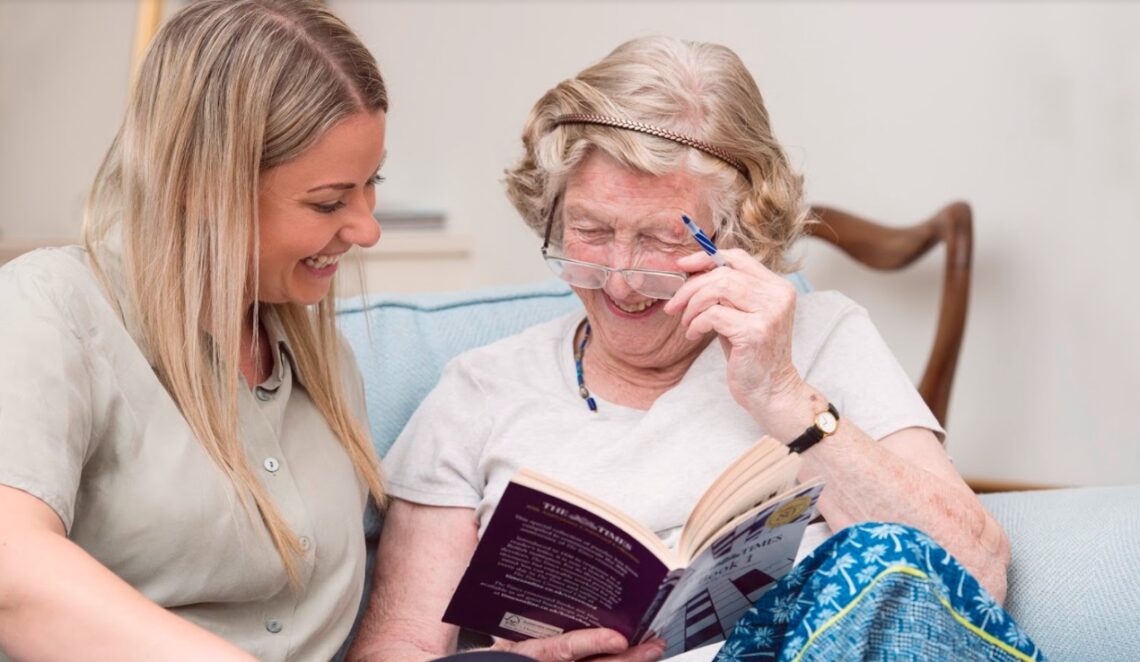
Companionship care at home: What it is and who it’s right for
Companionship care offers practical, one-to-one support for older adults living at home who feel socially isolated. It’s designed for those who are largely independent but would benefit from regular company, routine, and gentle encouragement to stay engaged with daily life.…
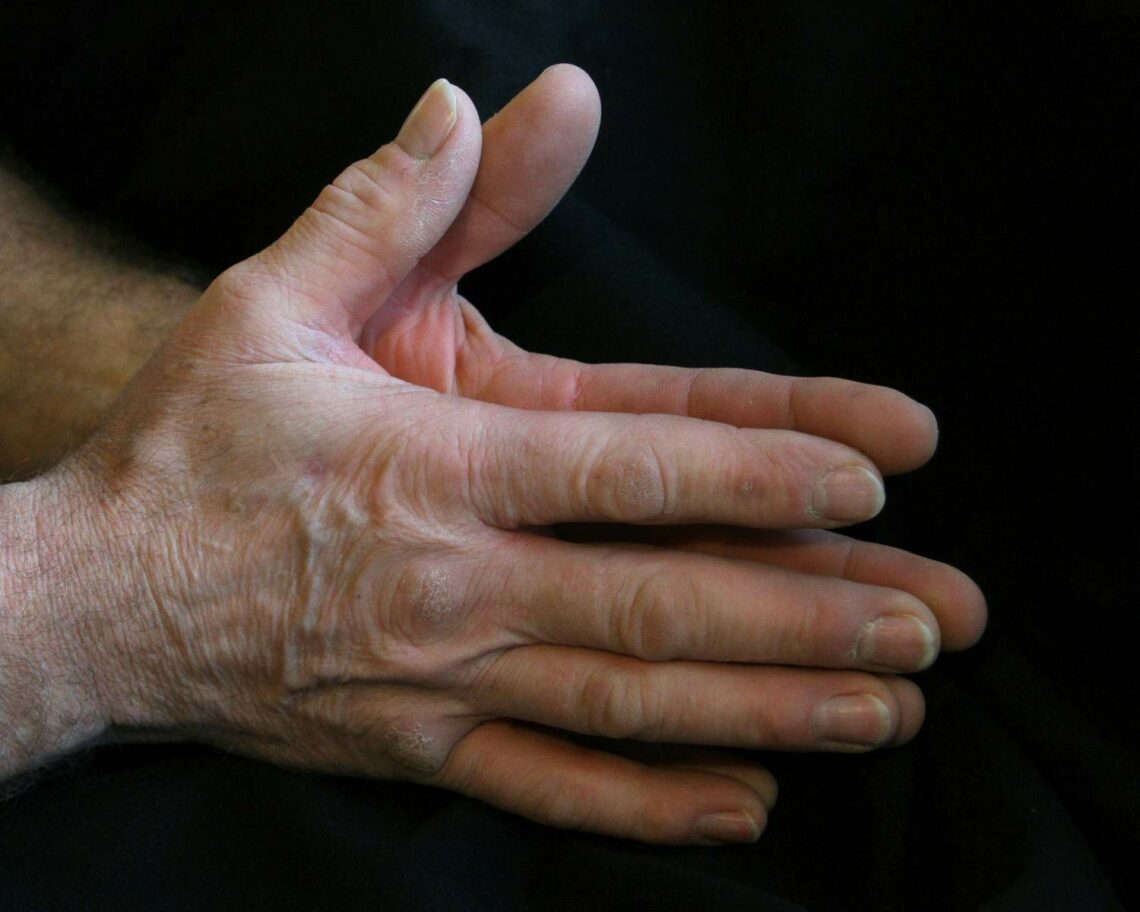
What Are Arthritis Nodules?
Arthritis nodules are lumps that develop in people with certain types of arthritis. These firm bumps most often appear around joints – particularly the fingers, elbows, knees, or heels – and can be concerning when first noticed. Arthritis nodules are…

Which countries are the best at caring for the elderly?
As populations age across the world, governments and families face growing pressure to provide dignified, sustainable care for older people. Good elderly care extends beyond healthcare outcomes to include financial security, access to support services, social inclusion, and the ability…
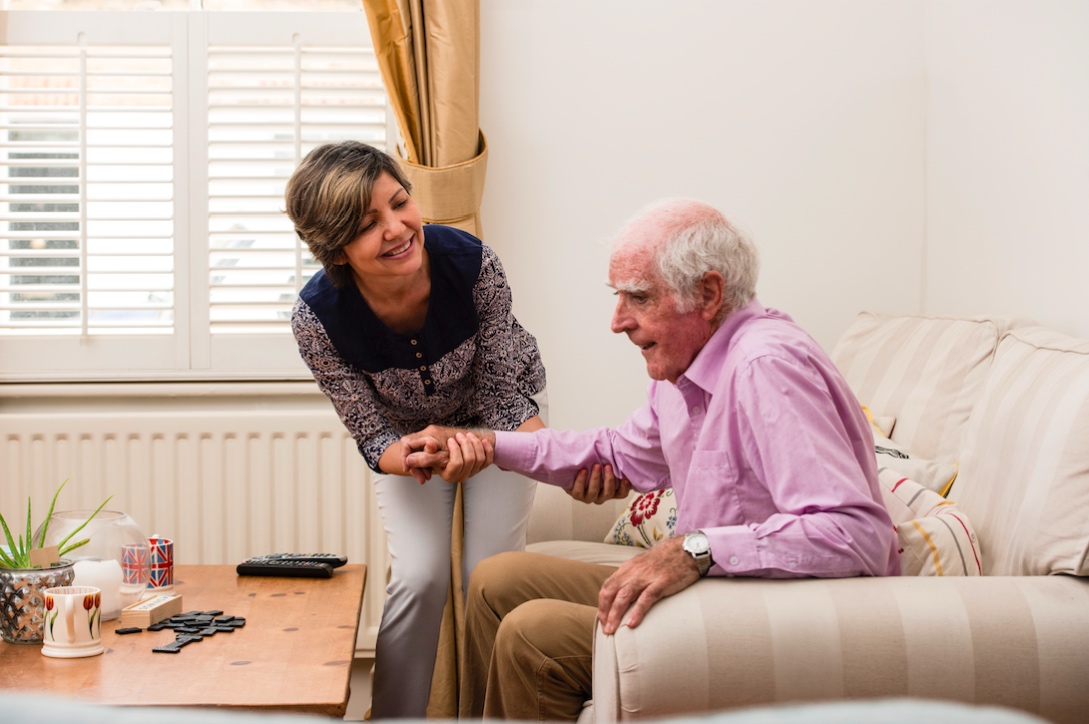
The effects of Alzheimer’s on the body
Alzheimer’s disease affects more than memory and thinking. The brain controls every movement and process in the body, so as brain cells become damaged, physical changes follow. Your loved one’s movement, appetite, and coordination can all be affected. Understanding these…
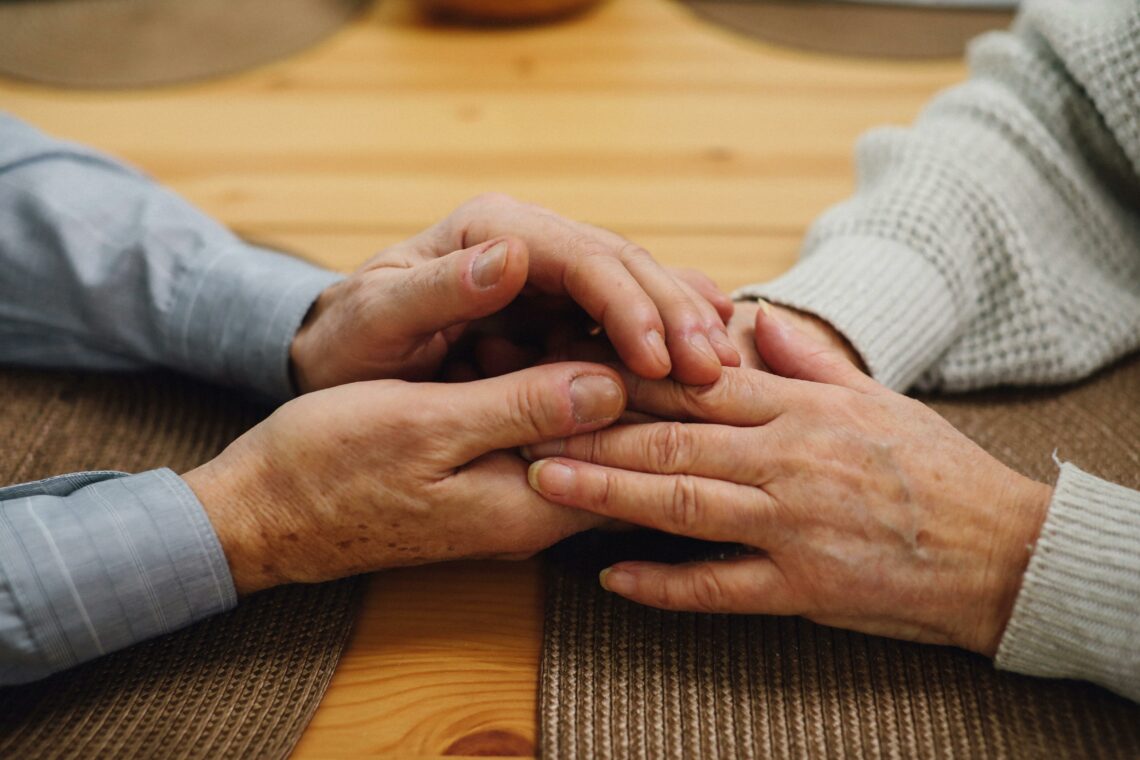
How does a person die from dementia?
For families living with dementia, one of the hardest questions to ask is how it causes death? Dementia is more than memory loss; it’s a progressive brain disease that gradually affects every part of the body. This article explains what…

When do dementia patients need 24-hour care?
Deciding when someone living with dementia needs 24-hour care is one of the most difficult decisions families face. As dementia progresses, daily activities become more challenging and safety concerns increase. Many families worry about acting too early… or waiting too…
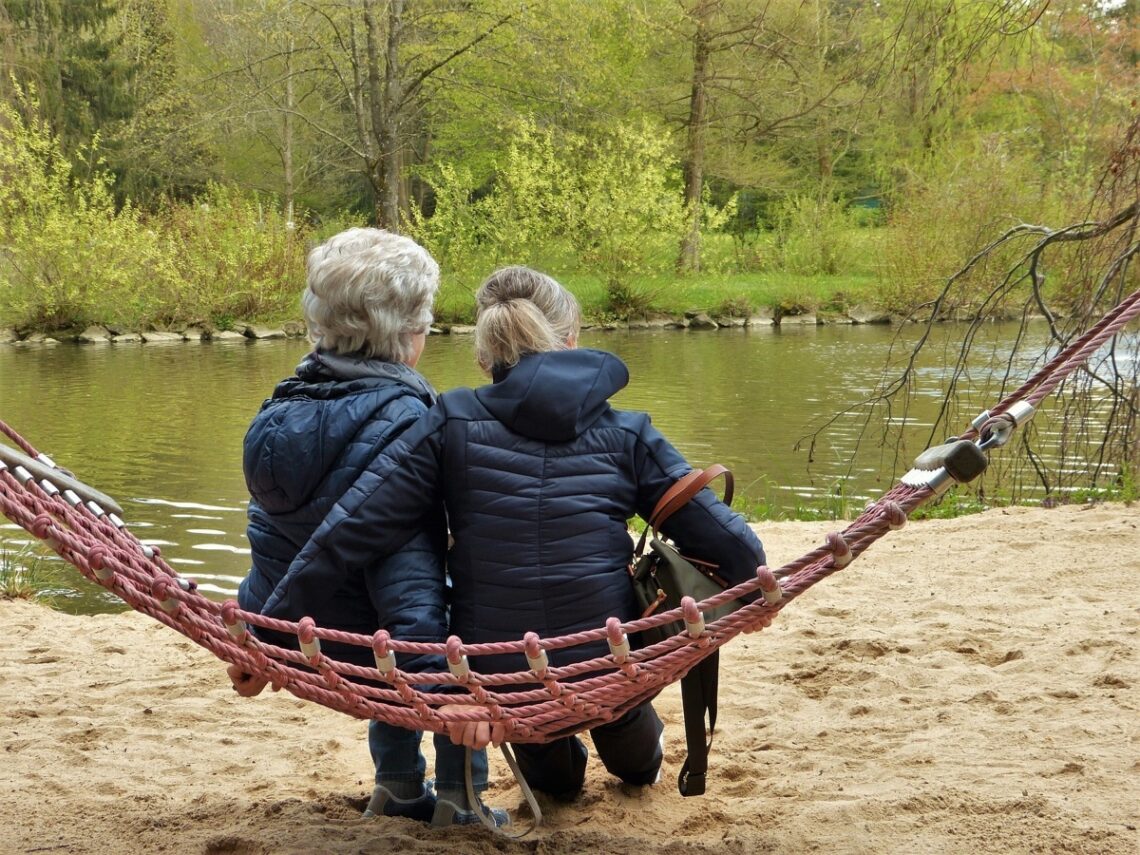
Rapidly progressive dementia: What caregivers need to know
Rapidly progressive dementia (RPD) is a rare condition that causes a decline in memory, behaviour, and physical ability. While most forms of dementia develop over years, RPD progresses within weeks or months. This rapid change often leaves families struggling to…

Will the council pay for live-in care?
Understanding funding for live-in care can feel overwhelming when you’re trying to support a loved one. Our guide explains when councils contribute to costs and how to access available support. Caring for someone at home raises important questions about funding.…
